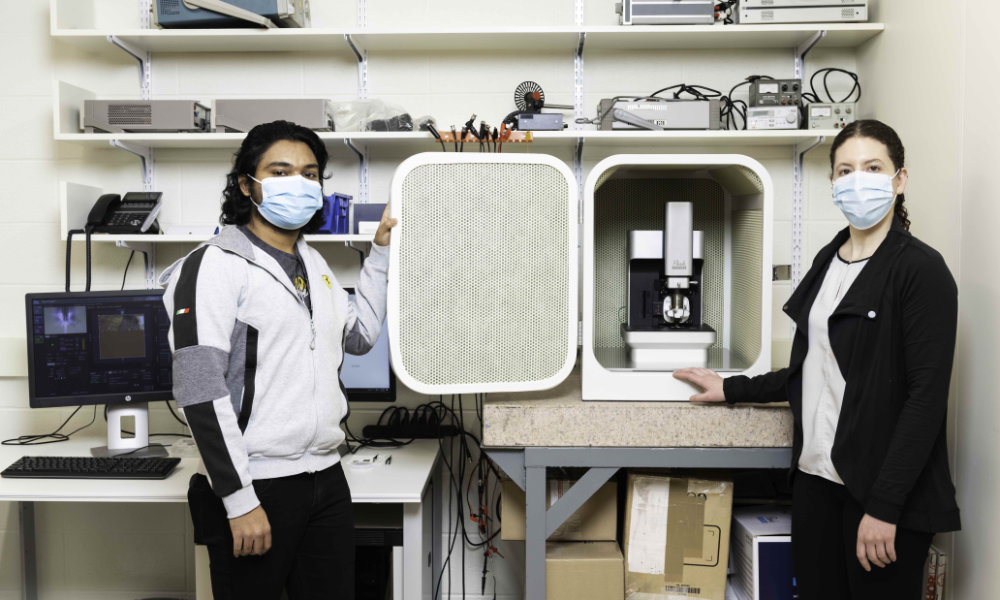
Using nanodiamonds as sensors just got easier
Rochester researchers have found a new and improved way to extract temperature from the light emitted by a diamond defect.
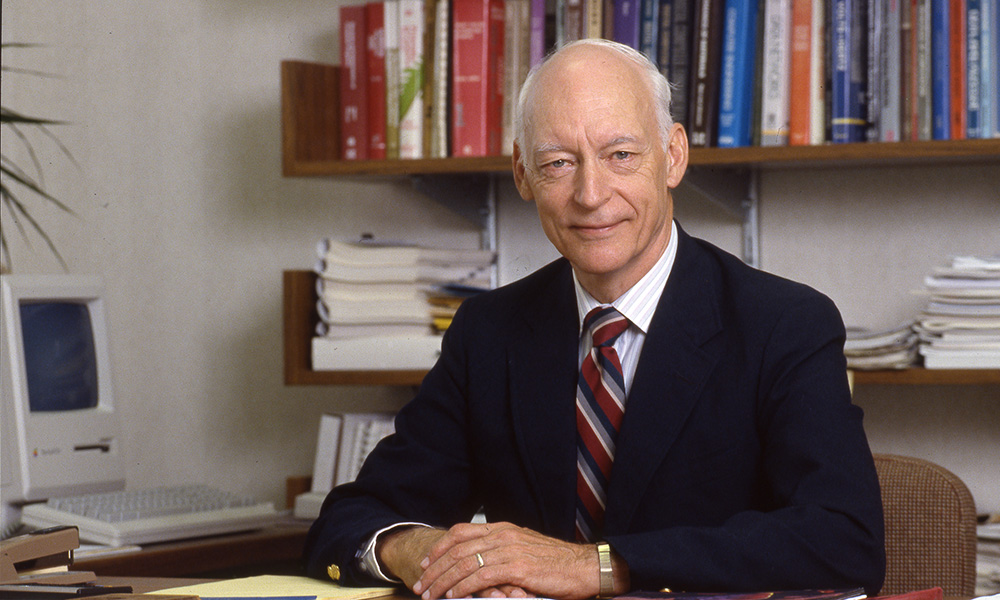
Bruce Arden, former dean of engineering, dies at 94
Under Arden’s leadership, Rochester’s engineering school pursued important initiatives in undergraduate programs, faculty hiring, and and government and industrial relations.

Rochester scientists reveal the limits of machine learning for hydrogen models
Research from the Laboratory for Laser Energetics paves the way for more accurate computer models, which are needed to understand the interior of planets and the physical properties of nuclear fusion.

A cure for blindness? A next-generation solar concentrator?
Two new Rochester fellows of the National Academy of Inventors take aim at transformative discoveries in the world of optics.
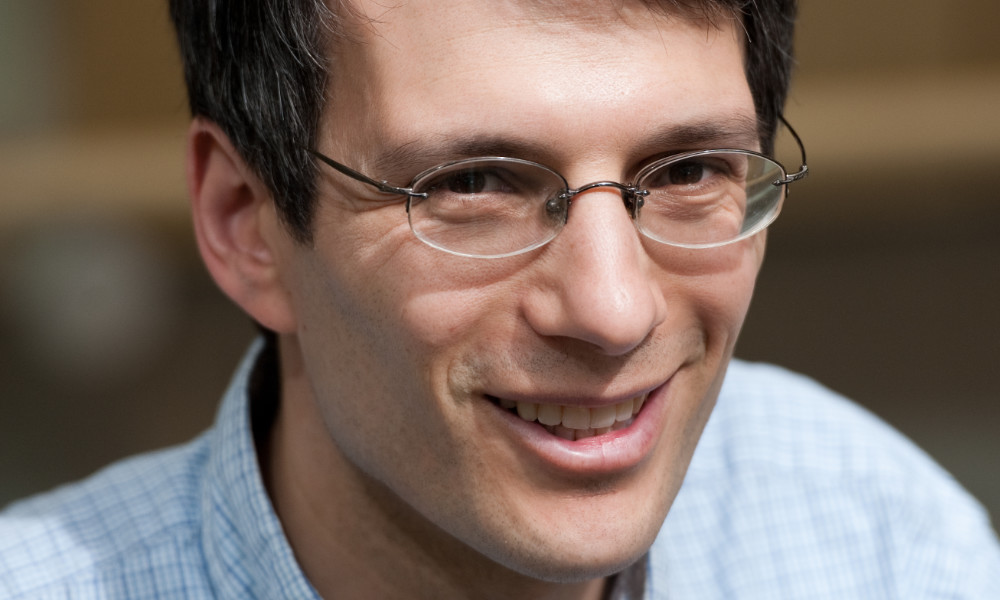
Andrew Berger honored for novel ways to monitor biological cells and tissues
The Rochester optics professor has been elected a fellow of Optica, the international society for optics and photonics.
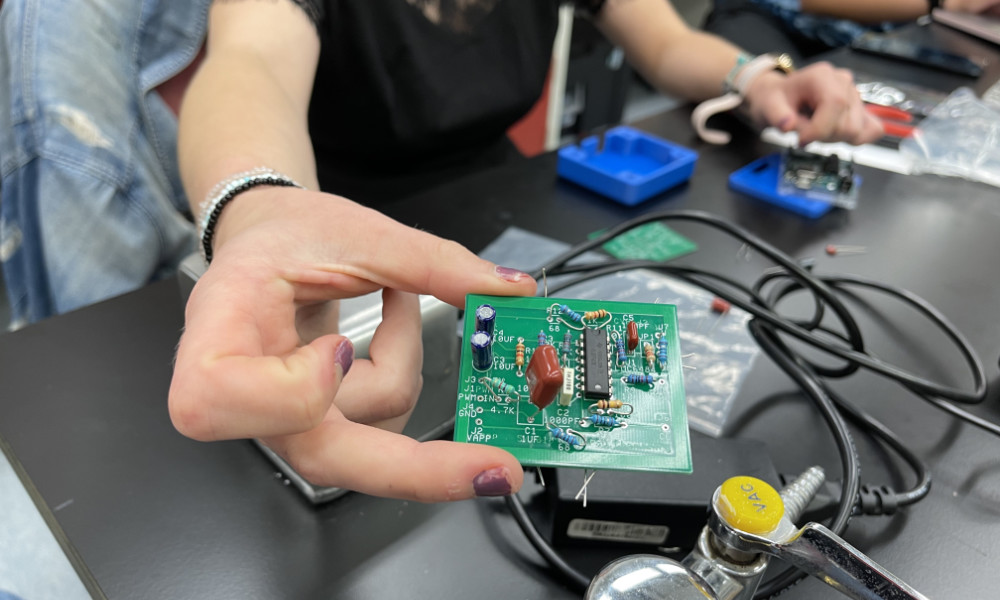
Rochester students’ award-winning device instantly detects sepsis via sweat
Rochester undergraduates have developed a fast, noninvasive, affordable, and eco-friendly way to diagnose the life-threatening medical complication.
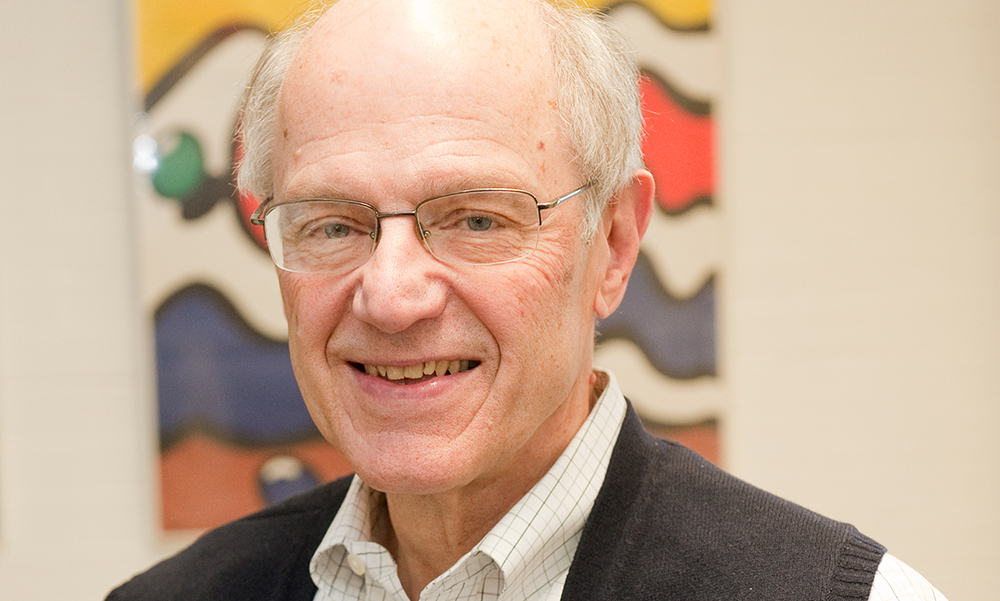
Joseph Eberly honored as a ‘true visionary’ in optics
Joseph Eberly, the Andrew Carnegie Professor of Physics and a professor of optics, is recognized for pioneering contributions to quantum optics theory.
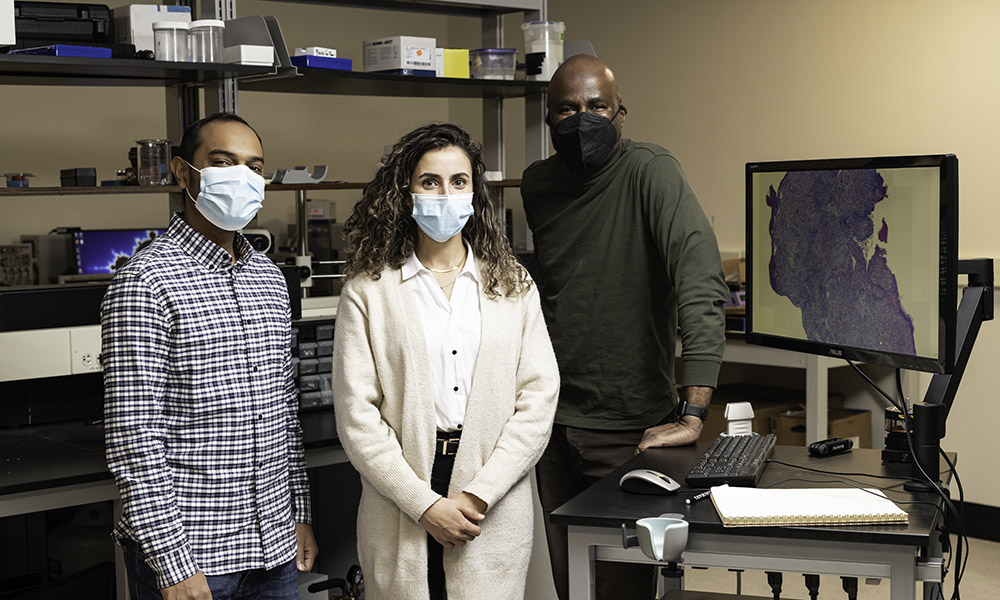
New imaging technology could buy time for pancreatic cancer patients
Tumor shrinkage is one sign of cancer treatment’s efficacy—but Rochester scientists are exploring elasticity and permeability as well.

Kudzai Mbinda ’22 named Rhodes Scholar-Elect
The chemical engineering major from Harare, Zimbabwe, is Rochester’s second recipient of a Rhodes Scholarship in two years.

Software uses selfies to detect early symptoms of Parkinson’s disease
Rochester computer scientist Ehsan Hoque and his colleagues have harnessed machine learning to accurately identify signs of the neurological disease by analyzing facial muscles.
